Pump Products & Prefab Pumping Systems in Pontiac, MI and Kenai, AK
From Water Pumps to Chemical Pumps, Heat Transfer Systems, Metering, Crude Oil, & More, We've Got You Covered
At ProSeal, our obsession with pumping equipment and prefab pump systems knows no limits. We're driven to maximize your operation with cost-effective, life-extending solutions and a wide range of products from leading manufacturers. We're well-versed in all forms of centrifugal pumping equipment, including ANSI & API, straight centrifugal pumps, self-priming pumps, vertical turbine pumps, mag-drive pumps, submersible pumps, and so many others.
When you call ProSeal, you get a distribution partner for all your pumping needs. Our positive displacement products include air-driven diaphragm pumps, rotary gear, progressing cavity, metering pumps, reciprocating plunger, and piston pumps. ProSeal's veteran application engineers can link you and your equipment with a solution to minimize the total cost of ownership.
We provide service, repair, testing, and custom rotating equipment upgrades for all makes, models, and sizes of pumps in our very own Pump Service Center. If it pumps, however it pumps, we can help it work harder for longer and for less money across its lifespan.

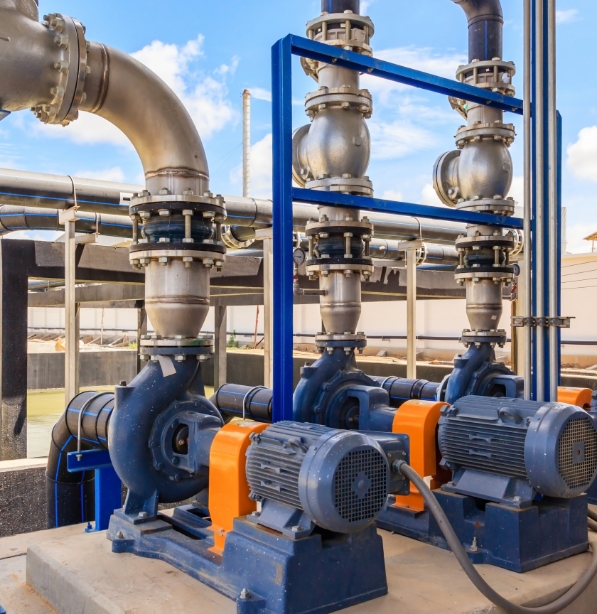
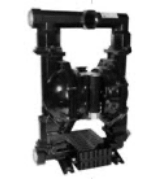
 Leading global manufacturer of fluid handling products, expertly engineered to deliver performance and reliability. Explore our selection of ARO diaphragm pumps and other ARO pump parts.
Leading global manufacturer of fluid handling products, expertly engineered to deliver performance and reliability. Explore our selection of ARO diaphragm pumps and other ARO pump parts.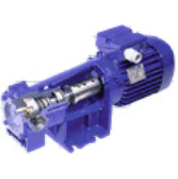
 ROTAN® internal gear pump provides favorable flow conditions, as the direction of the liquid flow is only changed slightly through the pump. Explore our full range of ROTAN® internal gear pumps.
ROTAN® internal gear pump provides favorable flow conditions, as the direction of the liquid flow is only changed slightly through the pump. Explore our full range of ROTAN® internal gear pumps.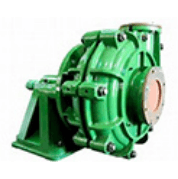
 Heavy-duty centrifugal slurry pump manufacturer Schurco helps eliminate common slurry seal problems.
Heavy-duty centrifugal slurry pump manufacturer Schurco helps eliminate common slurry seal problems.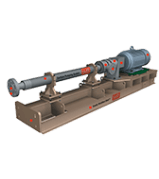
 Leader in Oil & Gas for Asset Performance Management.
Leader in Oil & Gas for Asset Performance Management.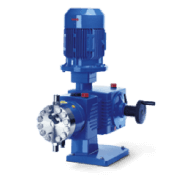
 A leading supplier for metering pumps and systems in North America.
A leading supplier for metering pumps and systems in North America.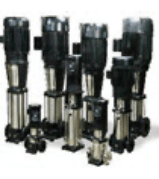
 A global water technology company committed to pioneering solutions. Explore Grundfos pump parts for a variety of applications.
A global water technology company committed to pioneering solutions. Explore Grundfos pump parts for a variety of applications.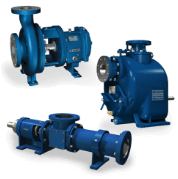
 Manufactured quality pumps and pump parts for industry worldwide.
Manufactured quality pumps and pump parts for industry worldwide.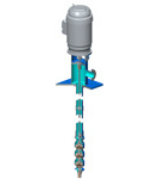
 A leading fluid pumping solution provider in the global water and energy markets.
A leading fluid pumping solution provider in the global water and energy markets.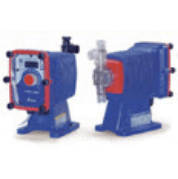
 Leading manufacturer of online analytical instruments and electronic metering pumps.
Leading manufacturer of online analytical instruments and electronic metering pumps.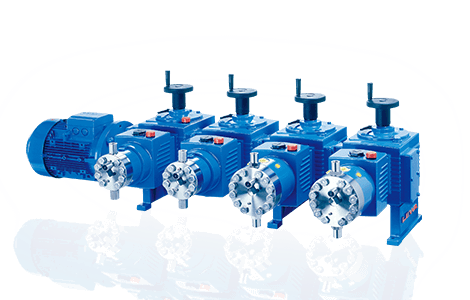
 From specialty pumps for the manufacturing industry to carbon fiber-reinforced plastic components.
From specialty pumps for the manufacturing industry to carbon fiber-reinforced plastic components.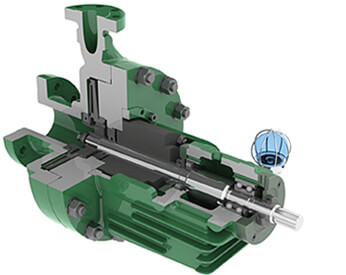
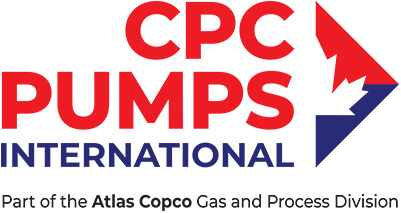 Hydrocarbon pump products and services.
Hydrocarbon pump products and services.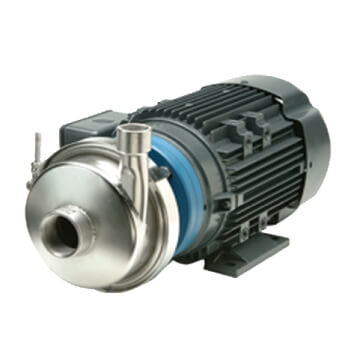
 Growing supplier of fluid transfer pumps and recycling systems.
Growing supplier of fluid transfer pumps and recycling systems.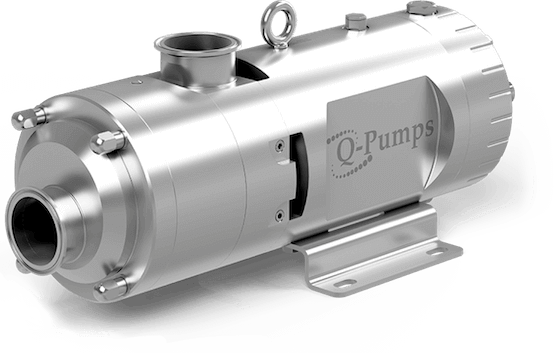
 As a leading manufacturer of industrial pumps for sanitary processes, there's a Q-Pumps sanitary pump to meet your needs.
As a leading manufacturer of industrial pumps for sanitary processes, there's a Q-Pumps sanitary pump to meet your needs.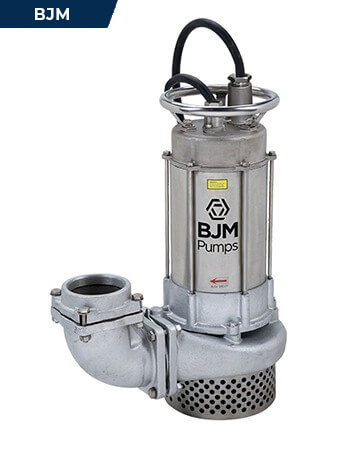
 BJM pumps include submersible pumps, direct in-line pumps, and control solutions for industrial, commercial, residential, and municipal applications.
BJM pumps include submersible pumps, direct in-line pumps, and control solutions for industrial, commercial, residential, and municipal applications.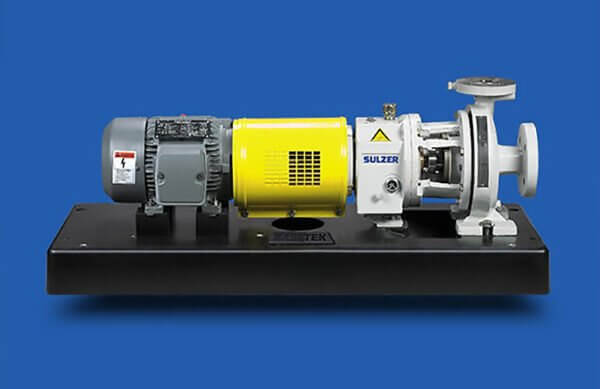
 Pump bases and baseplates for rotating equipment and provide mineral cast epoxy granite foundations.
Pump bases and baseplates for rotating equipment and provide mineral cast epoxy granite foundations.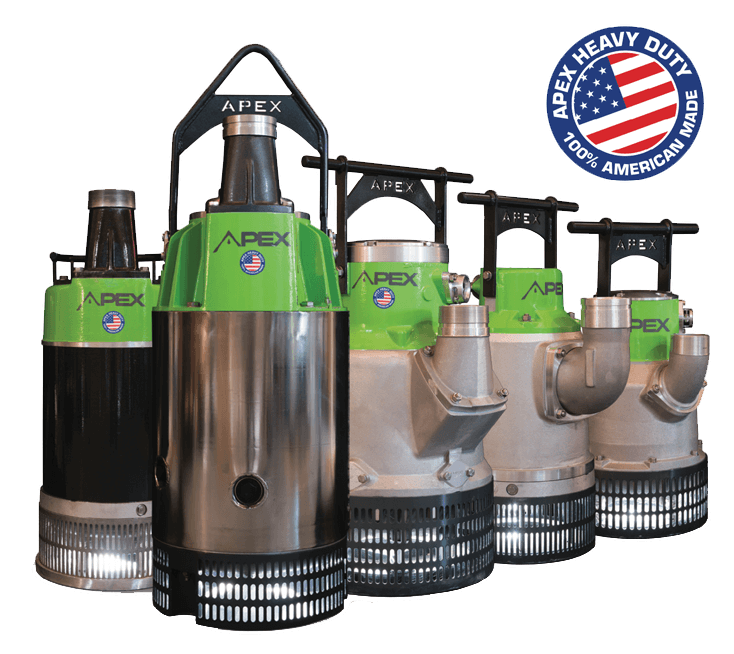
 Submersible dewatering pumps to meet the needs of construction sites and mines.
Submersible dewatering pumps to meet the needs of construction sites and mines.
